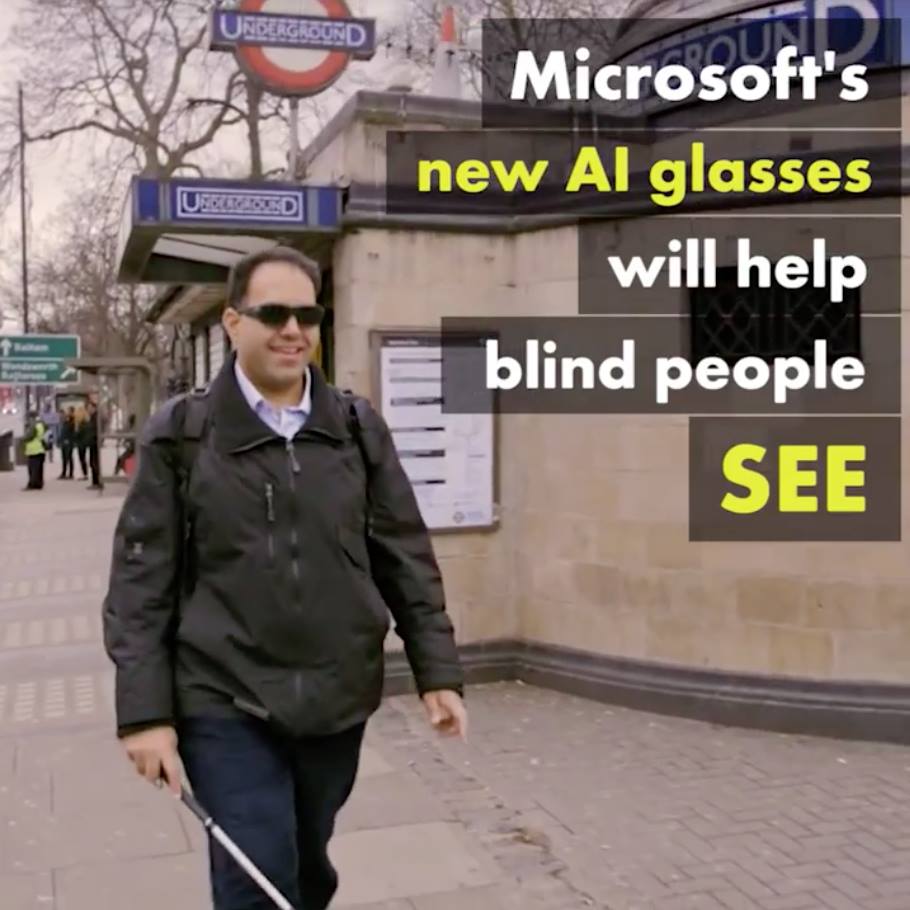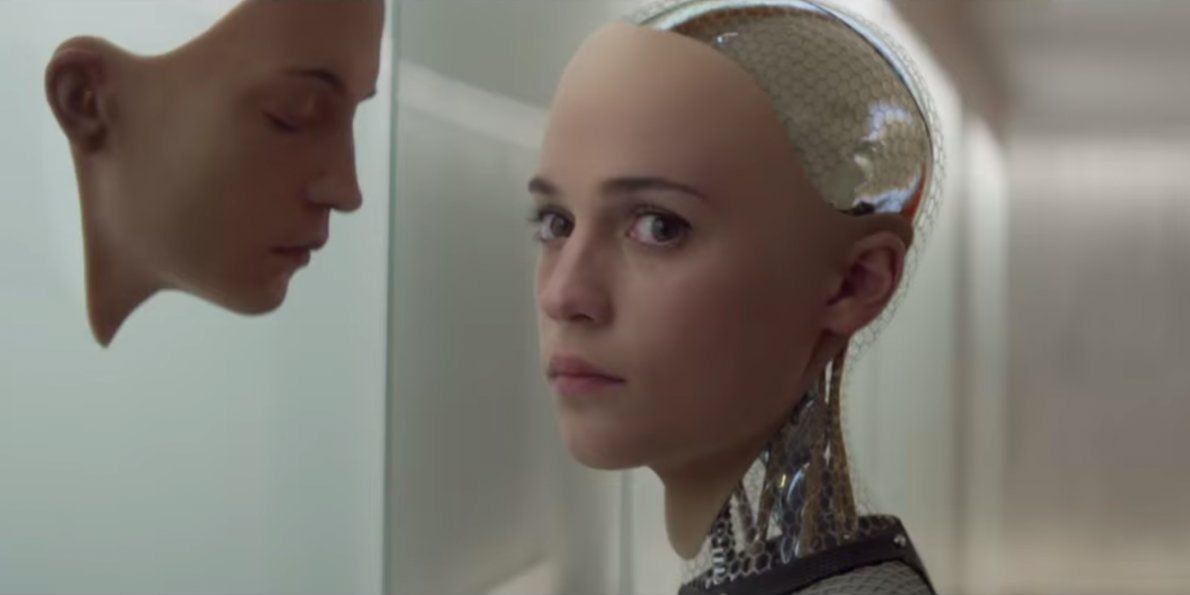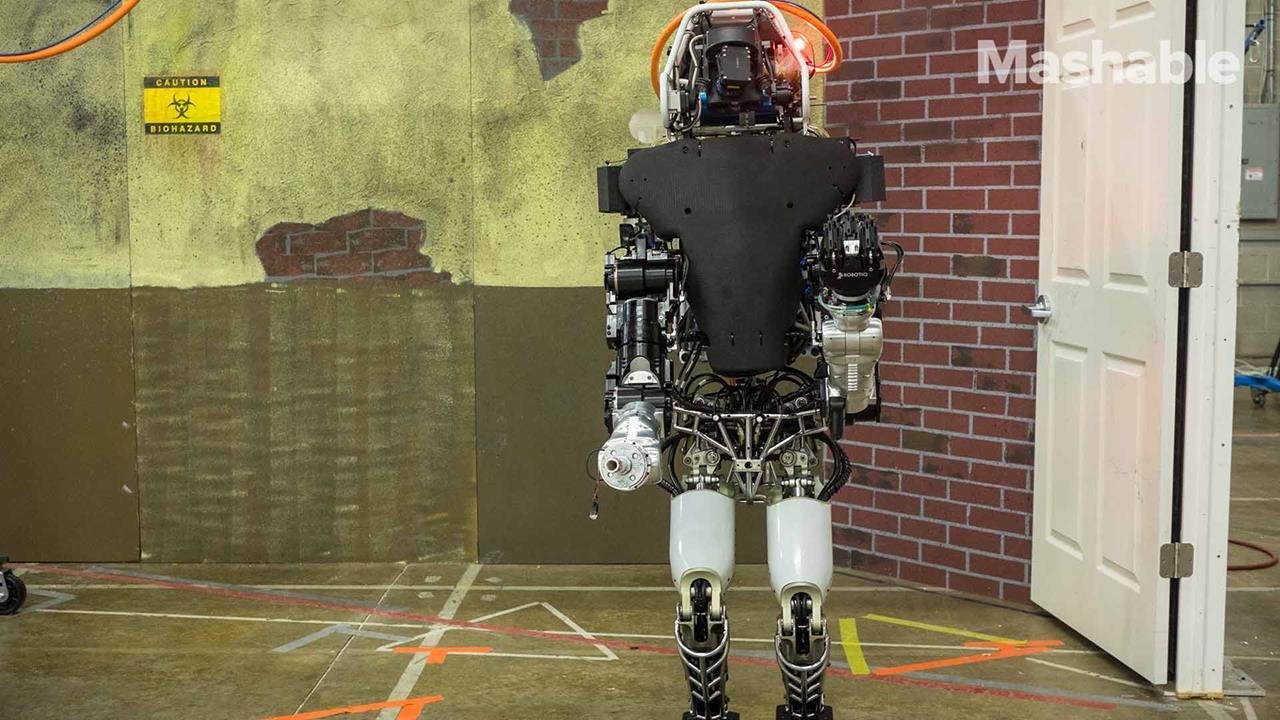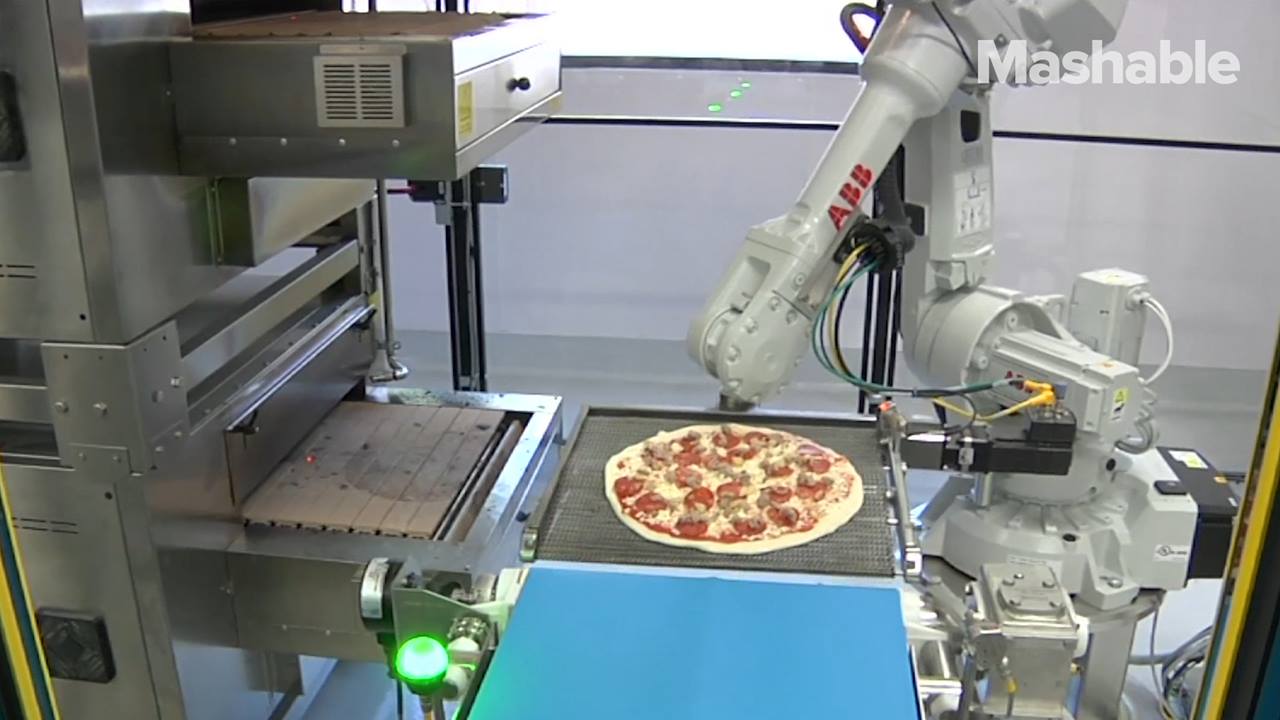Spot comes on stage at Disrupt SF.






This is not that far fetch especially when we have seen DARPA’s efforts around BMI, the nanobot technology being experimented on to enable BMI, stent technology as well that is being looked at for BMI, etc. which all leads us into the concept of superhumans.
“Humans are so slow” says Elon Musk, so let’s become AI-human symbiotes instead.


[youtube_sc url=“https://www.youtube.com/watch?v=sljrbjOhD6U”]

In recent years, it’s been exciting watching advances in AI like IBM’s Watson smashing humans at Jeopardy and Google’s AlphaGo AI beating champions at the game of Go a decade earlier than expected. But the sophisticated algorithms under the hood are really the stars of the show.
These powerful computing systems are fundamentally changing industries and automating a growing number of day-to-day tasks. At the same time, AI still isn’t perfect, and we’ve seen hints of its potential dark side. Our algorithms are only as good as the data we feed them. And there’s been a spirited debate about existential dangers down the road.
Here’s a look into some of the topics leading the dialogue as AI technology evolves into its next generation.

SRI International, the Silicon Valley research lab where Apple’s virtual assistant Siri was born, is working on a new generation of virtual assistants that respond to users’ emotions.
As artificial-intelligence systems such as those from Amazon, Google, and Facebook increasingly pervade our lives, there is an ever greater need for the machines to understand not only the words we speak, but what we mean as well—and emotional cues can be valuable here (see “AI’s Language Problem”).
“[Humans] change our behavior in reaction to how whoever we are talking to is feeling or what we think they’re thinking,” says William Mark, who leads SRI International’s Information and Computing Sciences Division. “We want systems to be able to do the same thing.”